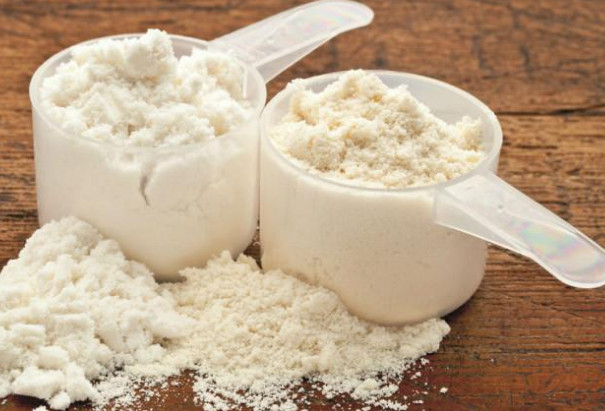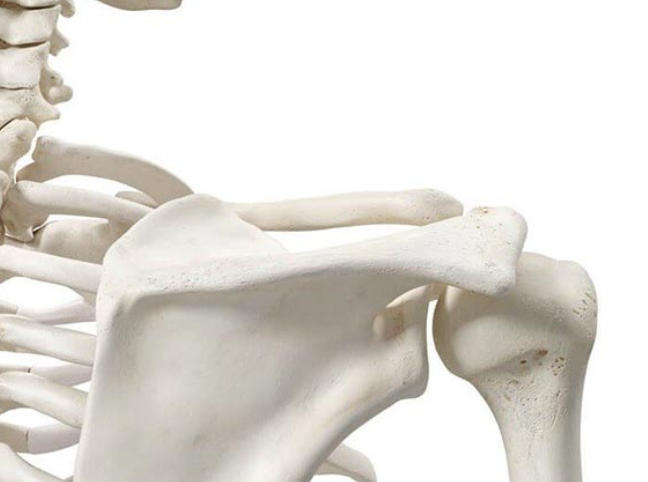Casein intolerance test
Casein intolerance test : Casein is the protein that gives milk its white color, and it is also present in dairy products like yogurt and cheese. The majority of milk protein is casein, while the remaining 20% is whey. Casein is also sold as a food supplement and as protein powder. Bodybuilders usually use this supplement to speed up their recovery after exercise and increase their muscle mass. Dairy-based milk powders also contain casein protein.

Casein intolerance test
Casein is a complete protein that contains all the amino acids the body needs. All mammals produce milk containing casein protein, which is white and tasteless. Cow’s milk contains 80% casein and 20% whey, while human milk contains 40% casein and 60% whey. Milk is a good source of calcium and phosphorus because casein binds to them.
Protein deficiency is rare and supplementation is not necessary for most people. Most of the popularity of casein supplements for adults can be attributed to advertising. It is important to remember that nutritionists, doctors or pharmacists should recommend supplements based on the individual’s needs. The use of supplements is not intended to treat or prevent disease.
Video :
Casein has the following general characteristics:
Calcium, peptides, and amino acids are the active ingredients.
Caseinate sodium is another name for it.
It is accessible without a prescription from a doctor.
Before or after exercise, consume 20 to 40 grams.

Casein intolerance test
It appears that people use casein protein to improve athletic performance, control diabetes, and prevent liver disease caused by alcohol consumption, but there is no evidence to support its effectiveness, and research results are conflicting. Here are some examples of how casein is used.

1. Muscle building and recovery after exercise
Casein isolate is used as a protein supplement. In order to improve recovery, bodybuilders consume casein immediately after exercise or before bed.
The body repairs the small tears in the muscle fibers after heavy exercise to make them stronger and bigger. A full range of amino acids is provided by casein to help muscles recover after exercise and increase strength. Moreover, bodybuilders consume a lot of casein, which is slow to digest. Casein takes about 6 to 7 hours to digest compared to soy protein and whey protein. By slowing down the digestion of casein, amino acids are continuously delivered to muscle tissue and the recovery process is improved. Additionally, slow digestion keeps you full longer and prevents you from eating unhealthy foods.

2. The health of the bones
casein lactose intolerance : Calcium can be obtained from a diet rich in casein. The average adult requires 1,000 to 1,200 milligrams of calcium per day. In addition to providing calcium and protein, casein-rich foods help prevent osteoporosis.

3. Aid to sleep
Tryptophan is an amino acid found in casein that aids in sleep. For better sleep, some people suggest drinking a casein protein shake before bed.

4. Food industry use
Cheese is made primarily from casein. Besides preparing breast milk, it is also used to prepare powdered milk.
casein uses :
casein lactose intolerance : You should always consult your doctor before taking a supplement to ensure its safety and dosage. Casein is usually taken in doses of 20 to 40 grams per day. Your age and overall health will determine the amount you need to consume.
A cup of milk contains about 300 mg of calcium, mostly from casein, and 8 grams of protein. A cup of cheese with 2% fat contains 225 mg of calcium and 24 grams of protein. Greek yogurt contains 19 grams of protein and 235 mg of calcium per cup.
Casein has the following side effects:
When taken in the right amount, casein supplements are safe for most people. You should consult your doctor before adding casein to your diet, as it is not suitable for everyone.

Casein allergy :
Formula-fed babies are at risk of food allergies caused by cow’s milk. In infancy and early childhood, cow’s milk allergies are most common, but they can also develop later in life.
casein protein for lactose intolerance : When a child is allergic to cow’s milk, the doctor may suggest hydrolyzed casein-based milk powder. Despite its bitter taste, children with allergies can get the nutrients they need for growth through its consumption.
Lactose intolerance should not be confused with an allergic reaction to milk. Lactose (natural milk sugar) is intolerant of most people, but casein can be tolerated in yogurt and cheese. Cow’s milk allergy symptoms include hives, chest tightness, and dizziness, whereas lactose intolerance does not.

why is casein bad for autism :
Researchers suspect a link between casein consumption and autism. Casein-free diets are usually recommended by specialists for autistic children for normal development and to reduce challenging behaviors.
casein protein for lactose intolerance : The use of a casein-free diet has been claimed to significantly improve the behavior of some children, but there is insufficient evidence to support this claim. Therefore, casein does not cause problems in autistic children.
Casein is used in special cases as follows:
During pregnancy and lactation, there is no reliable information about the consumption of extra casein. Thus, you should limit your intake of foods containing casein.
In infants and children, oral casein is probably safe. In most cases, milk powder containing casein protein does not cause side effects in babies.
Casein storage:
At a temperature below 26 degrees Celsius, protein powders have a shelf life of about 18 months. Make sure the casein powder is kept in a closed container and used before it expires. If the expiration date has passed, the casein may no longer be protein-rich, but you can still use the product.


